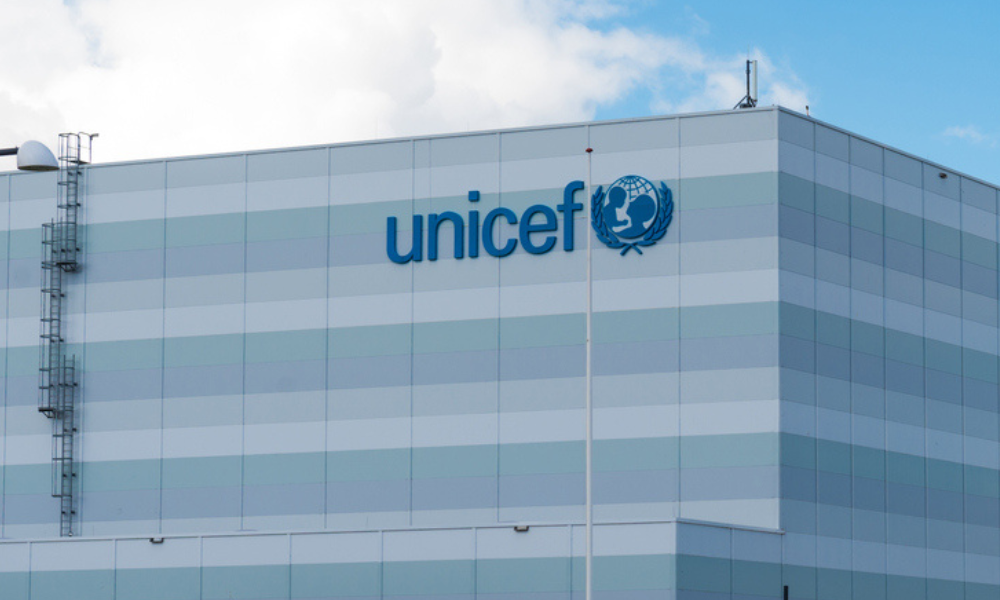UNICEF calls for 'adequate, protected' parental leave for parent, caregiver of every newborn, adopted child in Canada

The United Nations Children's Fund (UNICEF) is calling for at least six months of adequately paid, protected time with a parent or caregiver for every newborn and adopted child in Canada.
It also wants an increase in parental leave pay in Canada to meet international standards.
This comes after a UNICEF survey found that the parental leave system in Canada is suboptimal.
“Canada's parental leave system is deeply inequitable, favouring educated parents with secure jobs, while excluding parents whose children stand to benefit the most from adequately paid, protected time off,” according to a new UNICEF Canada-Léger poll released for UNICEF's Parenting Month.
As a result, one in three newborns in Canada has a parent unable to access parental leave, according to the survey of 2,025 Canadians, including 500 parents with children aged zero to five years old, conducted April 30 to May 12, 2024.
More than three out of four Canadians (77 per cent) believe that all parents of newborns in Canada benefit from paid parental leave, according to the survey.
This shows that “most Canadians are unaware of parental leave inequities,” says UNICEF, finding that parents of children under six with a university degree and employed, who are married or in a common-law relationship and do not identify as a visible minority are significantly more likely to be eligible to paid parental leave.
Nearly two in five (39 per cent) of the Canadian respondents say they did not receive employer financial top-up during their maternity leave, according to a previous report. Also, 59 per cent of those who received financial top-up were not offered other benefits such as coaching programs, counselling or childcare assistance.
Why is parental leave important?
Over nine out of 10 Canadians (91 per cent) agree that it is important for every newborn to have a caregiver who is provided with time for caregiving and adequate income support for at least six months following birth, according to UNICEF’s survey.
Also, 81 per cent agree that all parents, no matter their family structure, should be entitled to parental leave benefits.
However, just 42 per cent consider that current parental leave policies reflect the actual needs of Canadian families.
Among parents with children under six, less than half (48 per cent) find parental leave time sufficient for caregiving, while only 38 per cent consider the amount received from parental leave sufficient to meet the needs of their family.
Nearly every Canadian in the survey (95 per cent) could identify benefits of parental leave for caregiving and care receiving.
"It's time to rethink parental leave in Canada. This needs to be considered more than a parental or worker benefit and rather a child's right." says Sevaun Palvetzian, president & CEO of UNICEF Canada. "Every infant in this country should have the opportunity for the best possible start in life, which includes having time with parents with an adequate income during the most critical stage in their development.
Parental leave supports physical and mental employee health, according to BambooHR.
“New parenthood is rife with changes that affect both physical and mental health: changes to sleep patterns, hormone fluctuations, feeding schedules, and predisposition to depression—just to name a few,” it says.
“Caring about your employees’ physical and mental health isn’t just the right thing to do—it’s also good for business. Mental health is closely linked to productivity, so it stands to reason that supporting employee health will lead to better productivity and engagement.”
Canadian parental leave policies discourage fathers from taking time off from work to care for children, according to a previous report.




